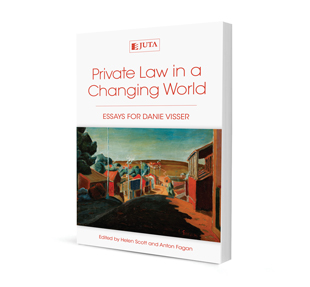Recontextualising the teaching of commercial transactions law for an African university

Recontextualising the teaching of commercial transactions law for an African university
Author A Hutchison
ISSN: 1996-2088
Affiliations: BA LLB LLM PhD (Cape Town); Associate Professor, Department ofCommercial Law, University of Cape Town.
Source: Acta Juridica, 2021, p. 275 – 296
https://doi.org/10.47348/ACTA/2021/a10
Abstract
This article reflects on the changing political environment in South African higher education and offers one potential view of the future of contract law teaching in the twenty-first century. Specifically, the author discusses changes made to the final-level LLB course, Commercial Transactions Law, at the University of Cape Town. These changes were inspired by the #MustFall protest movements and also incorporated the requirements of the South African Council on Higher Education’s 2018 report on the LLB degree. In essence, this involved a recontextualisation of the component topics to speak to a broader range of student life experiences, as well as an attempt to incorporate more materials focused on social justice or which are characteristically ‘African’.
